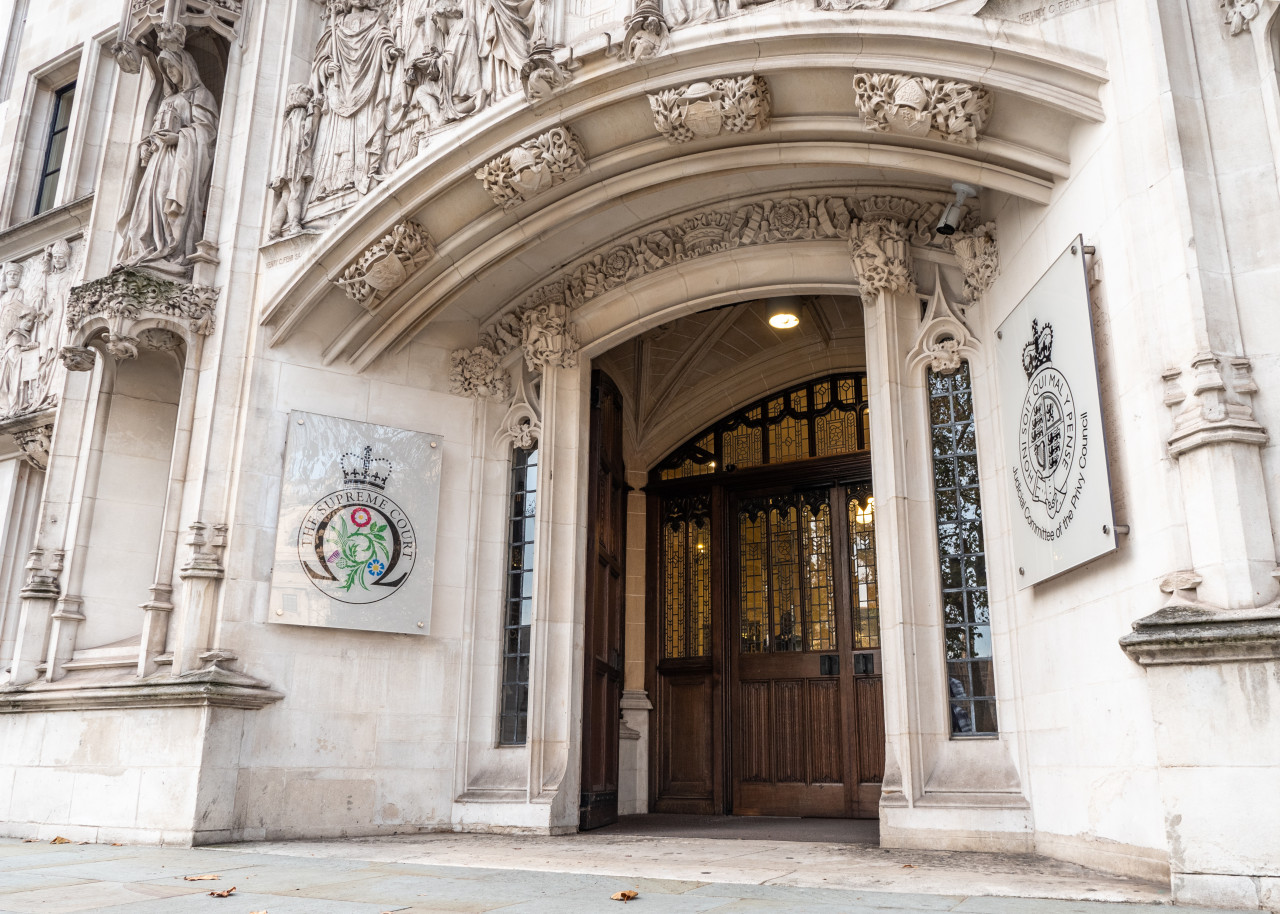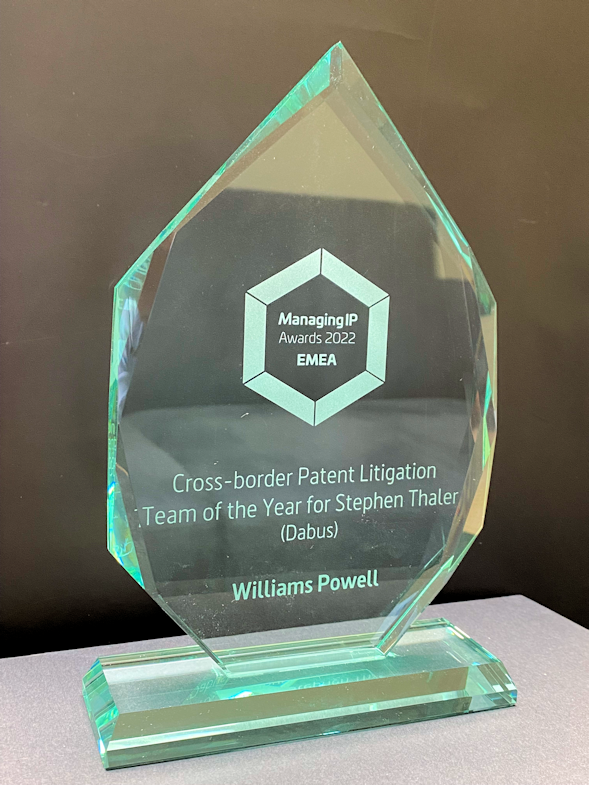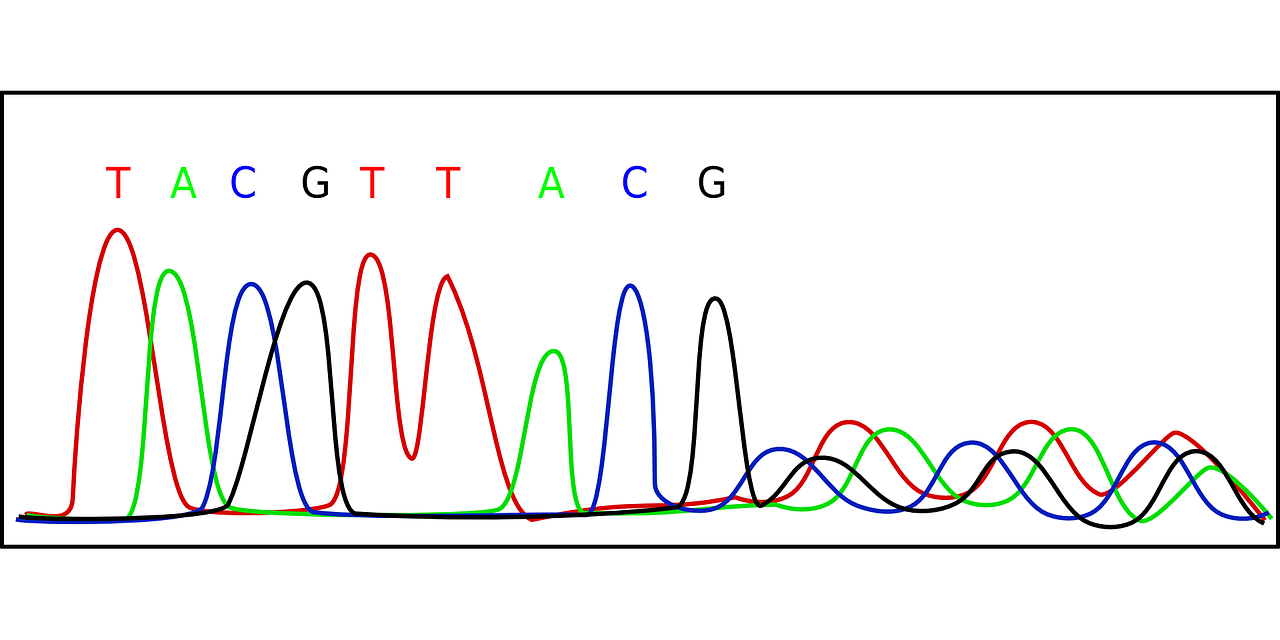The long-awaited Unified Patent Court opens its doors on 1 June 2023 now that Germany has ratified the UPC Agreement. Alongside this, patents granted at the European Patent Office will be able to be registered for a single Unitary right covering certain EU member states (in addition to other states being individually registered separately in the co...
3370 Hits
3370 Hits














